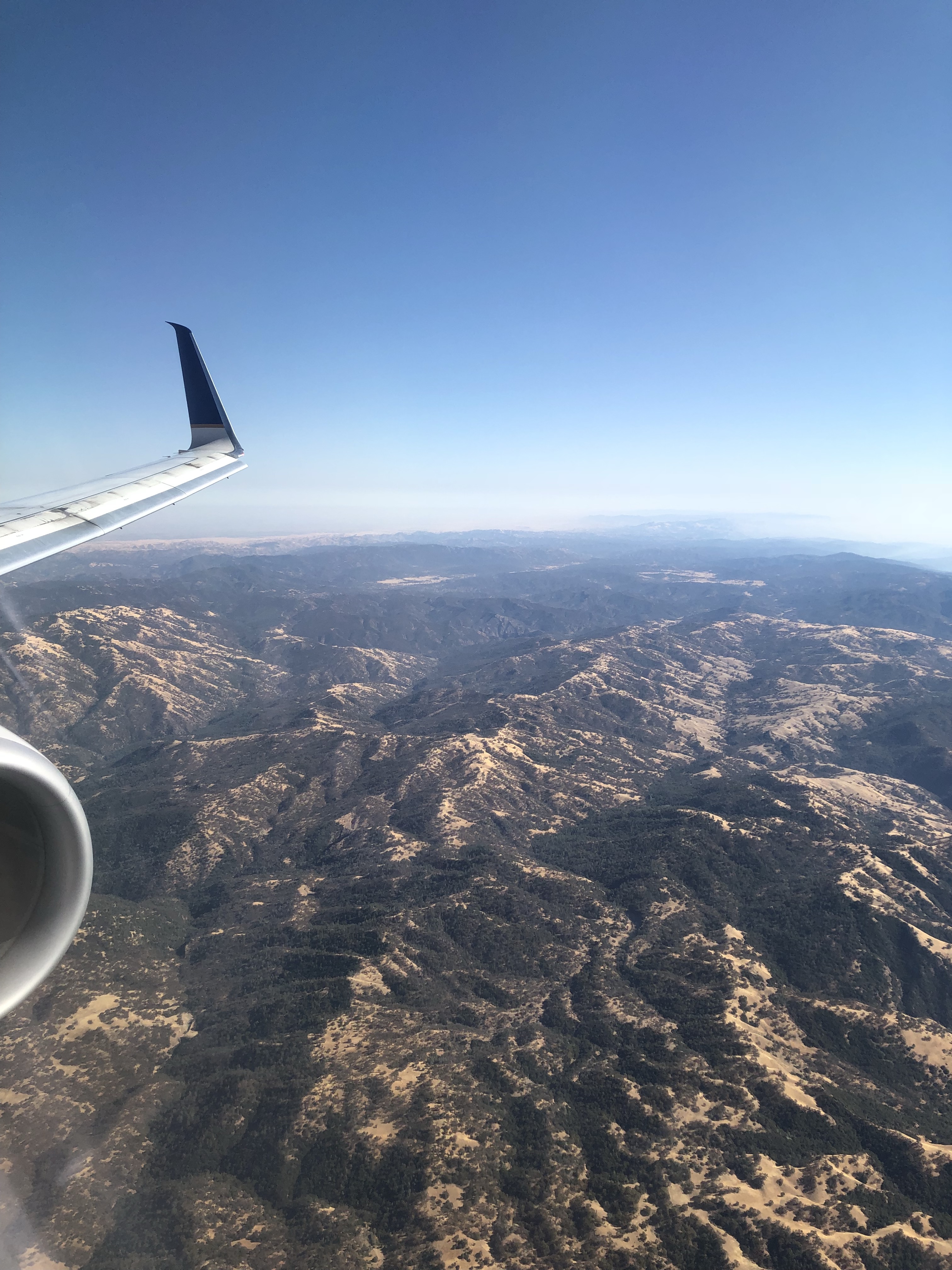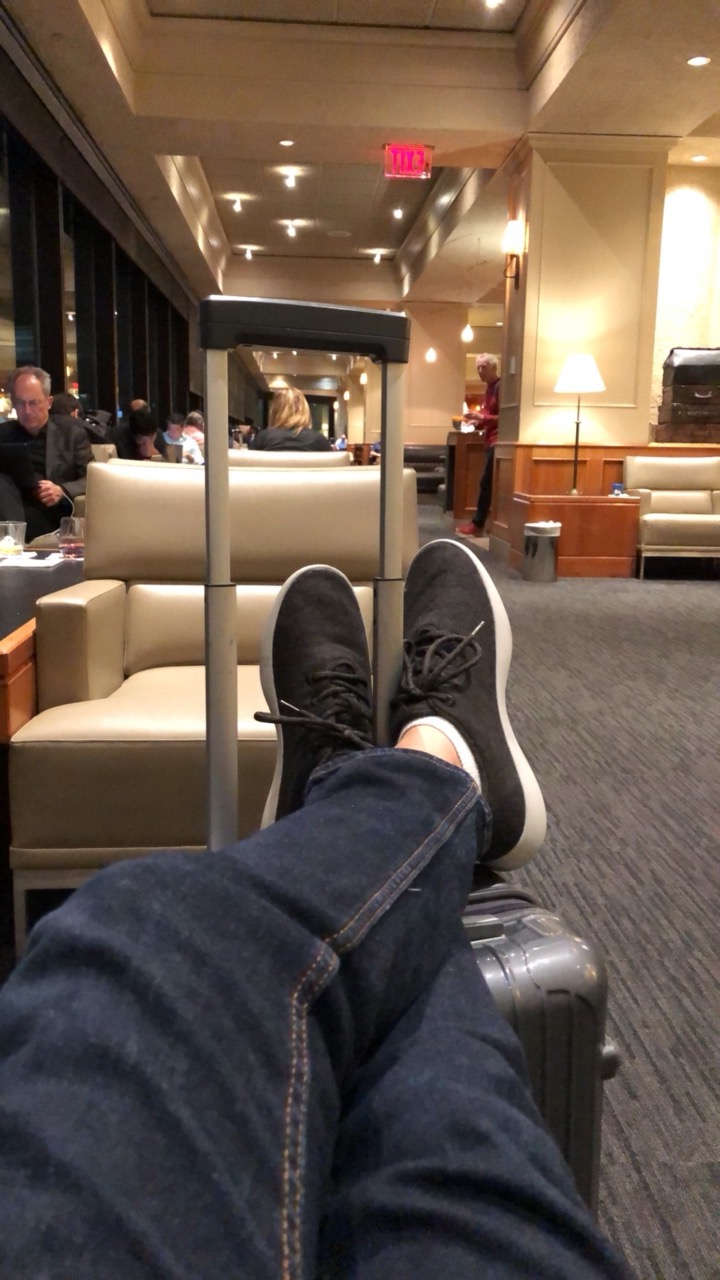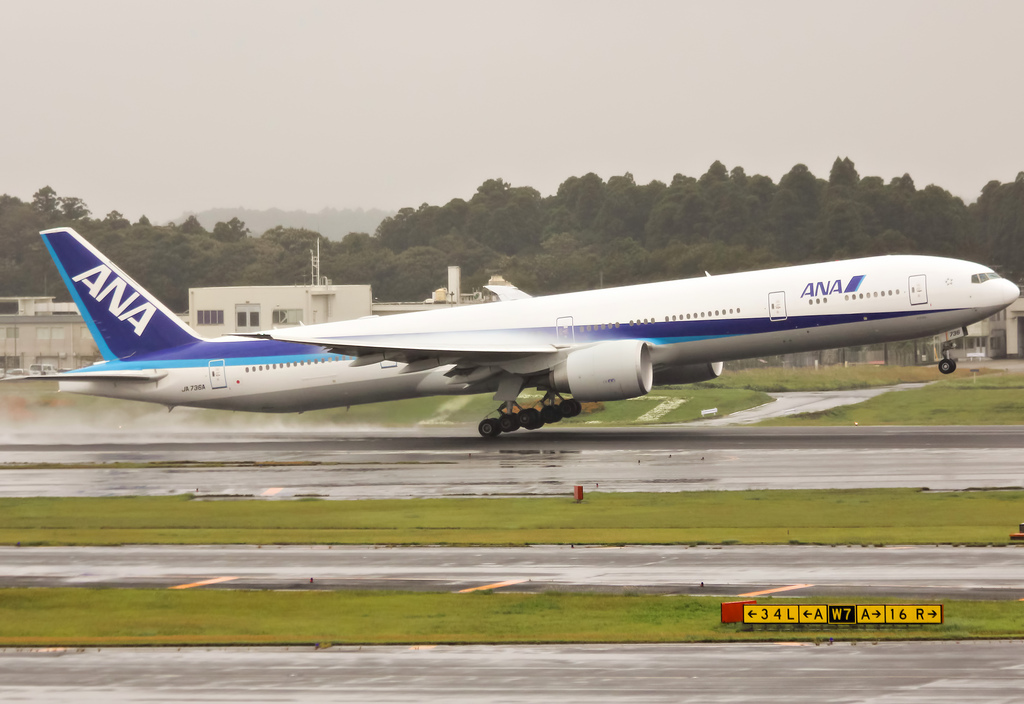
When my wife made the jump from an iPhone to the Google Pixel 2 we thought everything would be easy. For the most part, everything was. All of her photos, contacts, and other random phone data ported over without issue. But even after following the steps to disable iMessage and move to regular SMS on Google Fi we still have a number of issues. And this is months after the initial move. With Google now pushing forward with Chat, I think this problem is about to get worse before it ever gets better.
The texting landscape before smartphones was pretty straightforward, 140 characters, sent via the SMS protocol to another phone number. Then MMS came along and we could send grainy photos to one another. Then iMessage showed up and things started to fall apart. If you have an iPhone and send a text to another iPhone user (both with iMessage turned on, which it is, by default), that text is sent as an iMessage via Apple’s servers. If one of the users doesn’t have iMessage, then theoretically, there is a check done and the message will be sent as a regular text message (via SMS or MMS, depending on if any media is in the message). If a person used to have iMessage enabled then the waters become even more murky as the iMessage system may swallow the message and never deliver it to the recipient. It sometimes takes sending 2-3 messages to that person before their regular texting kicks in, even if you follow all of the steps to disable iMessage.
Then you enter the Android device texting fiasco and things get even more confusing. Now with Google coming out with Chat and saying that it will fix all of the issues I think the landscape becomes even more rocky. Google’s product will not be end-to-end encrypted, which is surprising and a huge disappointment. One of the things that iMessage has going for it is the fact that Apple never sees the text of your messages, it is always encrypted. Most people don’t care about the government necessarily having access to their texts, but what about people who don’t want their phone used as a weapon against them (an abused child/wife/etc texting for help). The encryption of this data is important and Google dropping the ball is a shortsighted mistake.
This brings up the question of the chat apps that are out there (Signal/WhatsApp/Telegram/etc). I have all three installed on my primary phone but really only have experience with WhatsApp and Telegram. Signal is limited to a single device at a time and that’s a flaw to me. I like to be able to send message from my iPad, computer, or phone and not having that capability immediately makes me less likely to use the app.
I prefer Telegram’s interface over WhatsApp but Telegram uses a homegrown encryption method that I don’t think is completely proven and that makes me a little uncomfortable. WhatsApp’s Facebook ties aren’t my favorite, but they do use an encryption standard that is widely recognized.
The key with all of these independent apps is uptake and having friends who use the same application to communicate. If a few of your friends go with Telegram while others use Facebook Messenger and others are on Signal, then everyone just reverts to SMS/MMS and messages get missed and we are back to square one. Ideally, the SMS/MMS protocols would be updated with some “smart” functionality (if a device is an old school flip phone, revert to 140 character maximums). Or, Google would implement end-to-end encryption and large numbers of people would move over to that. I have strong doubts either of those things will happen though and the landscape will just stay fragmented and hard to navigate.



